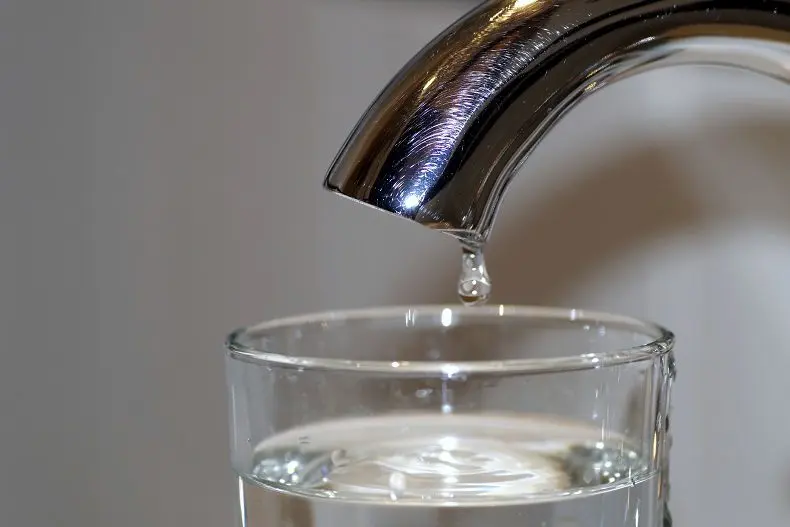The quality of moonshine is more than half dependent on water. It seems to many beginners that there is nothing difficult in choosing water, it is enough to pour in any available one. But experienced moonshiners approach this process with all responsibility, paying attention not only to temperature, but also to the quality of the water itself. Otherwise, the mash may not ferment, or the taste of the finished moonshine will unpleasantly surprise you.
Water requirements for mash:
1. Hygiene standards
Water for moonshine must be clear, without foreign smell (taste) and comply with the standards for drinking water. This is a standard, but at the same time the most important requirement.
2. Rigidity
The hardness of water is the totality of its physical and chemical properties associated with the content of alkaline earth metal salts (mainly potassium and magnesium). Too high hardness inhibits fermentation, low hardness prevents yeast from developing normally, since there are not enough trace elements in soft water.
Unfortunately, it is not easy to know the degree of water hardness, since this indicator is measured in the laboratory. For mash, water of medium hardness is needed – 2-10 ° F according to the national standard of the Russian Federation (GOST R 52029-2003).
3. Boiling and distillation
I recommend using only raw and not distilled water. When water boils, it loses oxygen, which is necessary for yeast at the initial stage of fermentation to gain biomass.
At first, yeast bacteria actively multiply, and after oxygen is pumped in, they begin to process sugar into alcohol. In turn, distillation removes almost all the necessary trace elements from the water, which, in addition to sugar, feed on useful microorganisms.
Water for mash should be spring (from a well) or tap water. Before preparing moonshine, I recommend to defend the selected water for 12-24 hours so that all harmful impurities (primarily chlorine and heavy metals) sink to the bottom. Also, water can be purified by passing it through special filters.

Water temperature for mash
Yeast is added to water heated to 20-30°C. The optimum temperature for mash is considered to be 23-28 ° C, which should be constantly maintained. At lower values, fermentation slows down, and when it drops to 18 ° C and below, it may stop altogether. Therefore, in the cold season, it is often necessary to heat the mash with aquarium heaters or other devices.
In too hot water (above 30°C), most yeast bacteria die before they can be useful. During active fermentation, the temperature of the mash itself rises by several degrees (relevant for containers with a volume of 20 liters or more), so sometimes moonshiners have to cool the mash.
All of the above tips are relevant for any mash recipes, regardless of the raw materials and cooking technology. Poor quality water worsens the taste and reduces the yield of moonshine.









